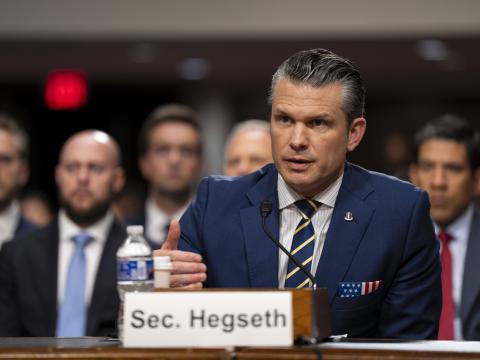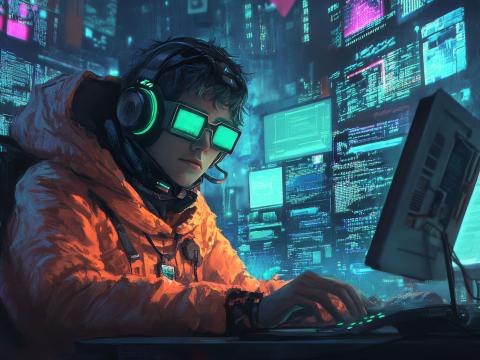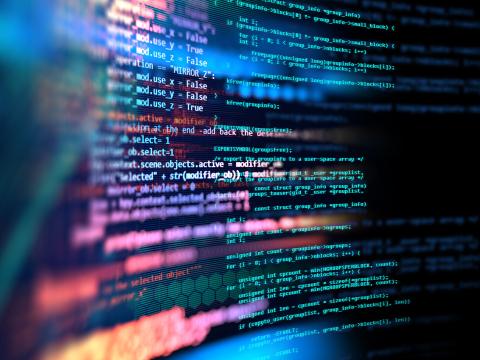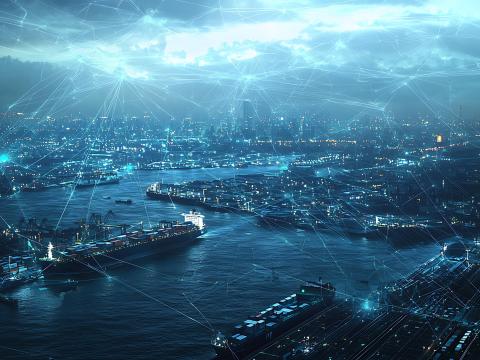Six Issues the IC Will Likely Confront in 2012
Just before News Years I was conversing with you that Iran, Pakistan, and North Korea are nation states that demand Intelligence Community (IC) focus in 2012 to insure against strategic surprise. Since that penetrating analysis of the obvious, all three have continued to earn IC attention. Kim Jong Eun has assumed his father’s leadership of North Korea because any other choice remains destabilizing to the North Korean elites, China, Japan and I suspect South Korea. In Pakistan there are rumblings that the army is trying remove President Asif Ali Zardari without a coup so it can have more pliable civilian leadership to deal with. Now former military strongman Pervez Musharraf is saying he will return to Pakistan from exile in the UK! Iran, of course, has threatened to close the Strait of Hormuz in response to increasing US sanctions for Tehran not curtailing its nuclear program. Given my amazing “clairvoyance” I am sure you are wondering what other “evitable surprises” I see the IC having to deal with over the course of the new year, so here are a half a dozen to mull over.
- Continued political unrest in the Arab World
The good news is autocrats are gone in Tunisia, Egypt, Libya, Yemen, and under threat in Syria; the bad news is there is no obvious alternative to strongman government in any of these societies. Worse the political vacuum in these countries offers openings for fundamentalist if not radical Muslims to come to power. Also, as expected, the Iraqi government has begun to fractionate along Sunni/Shiite religious lines almost on cue with the departure of US military forces. No one talks openly about the breezes of the Arab Spring spreading to the Emirates in the Persian Gulf or the impact of more radical regimes on the House of Saud as the custodian and protector of Islam’s holiest places, but the events of 2011 demonstrate being alert to these types of development is prudent.
- Economic crisis in Europe
Anyone who has read Michael Lewis book “BOOMERANG” will not be sanguine about a resolution of the financial crisis in Europe where the debt in Greece, Italy, Spain, and Portugal is staggering. The open question is do their northern tier EURO partners have the financial resources and political will to bail them out? However that turns out, there are already concerns that the common European currency will not survive the current crisis which in turn would loosen and may eventually return Europe to a collection of states sharing mostly just common geography. I am not sure what this means for NATO, but you don’t need a Harvard MBA to realize there will be less money available for common defense or burden sharing with the US. The positive story here is that Russia’s internal problems make it unlikely that Moscow will be able to take advantage of this situation.
- Increasing military activity in the Persian Gulf
Whenever it wants to respond to threats from the US, Teheran always reverts to threatening to close the Strait of Hormuz - - - something they actually can’t do as long as the US Fifth Fleet is present. What Iran can do, however, is make transiting Hormuz more dangerous, which raises shipping rates and insurance costs for shipping oil from the Gulf. Ironically it is Japan and China that are most dependent on imported oil from the Persian Gulf meaning the USN is actually protecting Beijing access to energy for its economic growth, but if Japan and China start to compete for oil from outside the Gulf this will raise oil prices that will make economic recovery in the US and Europe more challenging in 2012. Having been in “the theater” for this movie twice, the real danger is escalation from a naval encounter to reprisals against Iranian land targets ------ with Iranian naval capabilities at the top of the list, but one would have to think there is a target folder or two for Iran’s nuclear facilities locked up somewhere in CentCom.
- Ungovernable regions in Mexico adjacent to the US
Despite the efforts of the Mexican government to break up or at least contain its native drug cartels, the US/Mexican border continues to experience increasing violence. This violence is fed by the high US demand for contraband narcotics and the flow of weapons from the US into Mexico. The continuation of Mexican drug cartel violence along the border at current levels has negative implications for both the stability of the Mexican government as well as for the prestige of the Office of the President of the United States. Given these conditions how long will it be before Mexico “invites” the United States to use the same drone technology being employed in Pakistan to take out terrorists to target drug lords and their top lieutenants operating in Northern Mexico?
- China’s reaction to America’s “Asian Pivot”
Based on the convergence of China’s strategic geography, unremitting demographics, muscular economic strength, improving military capabilities, and growing diplomatic influence, the Obama Administration has decided it would be prudent to “pivot” American foreign policy towards Asia. The goal is to encourage China to join in establishing and maintaining a new Asian international order that will provide the regional stability needed by all to prosper economically. The angst in Beijing with this “American Pivot” is the Middle Kingdom being perceived as the junior partner. The concern for the US should be in creating an unattractive environment for long standing Asiatic allies which requires them to choose between America and China. Serendipitously, managing North Korea’s dynastic change of leadership from Kim Il Jong to Kim Il Eun provides Beijing and Washington the opportunity to work together to achieve something both want and need in the short run: stability on the Korean Peninsula.
- Head of state changes (US, France, China and Russia)
With Hu Jintao turning over the leadership of China to Xi Jinping at the Chinese Communist Party’s National Convention in October during America’s presidential campaign there is little likelihood of any kind of calculated direct confrontation between China and the US in 2012. There will also be presidential elections in Russia and France this spring. With the exception of Xi, who will continue China’s current policies, none of the candidates for office in the US, Russia or France – whether they are incumbents or challengers – are likely to receive a governing mandate (though all the winners are likely to claim they represent the “will of the people”) and all will face daunting economic and sharp domestic social issues. This should make for a year of introverted and ambiguous national foreign policies leading to a year of quiet transition - - - so long as the stars of the world know their lines and follow the script. The question is can the chorus of Palestinians, Pakistanis, and Iranians “take direction”?
When it comes to forecasting, meteorologists will tell you “climate is what to expect, but weather is what you get.” Given the information available to me, all I can offer is what I see as climate shaping issues for 2012 while we wait for the weather. That’s what I think; what do you think?




Comment
Joe, "Unrest in the Arab
Joe - Great piece. Another
Agree with your analysis
Jennifer, Collin, Phil thank
Comments